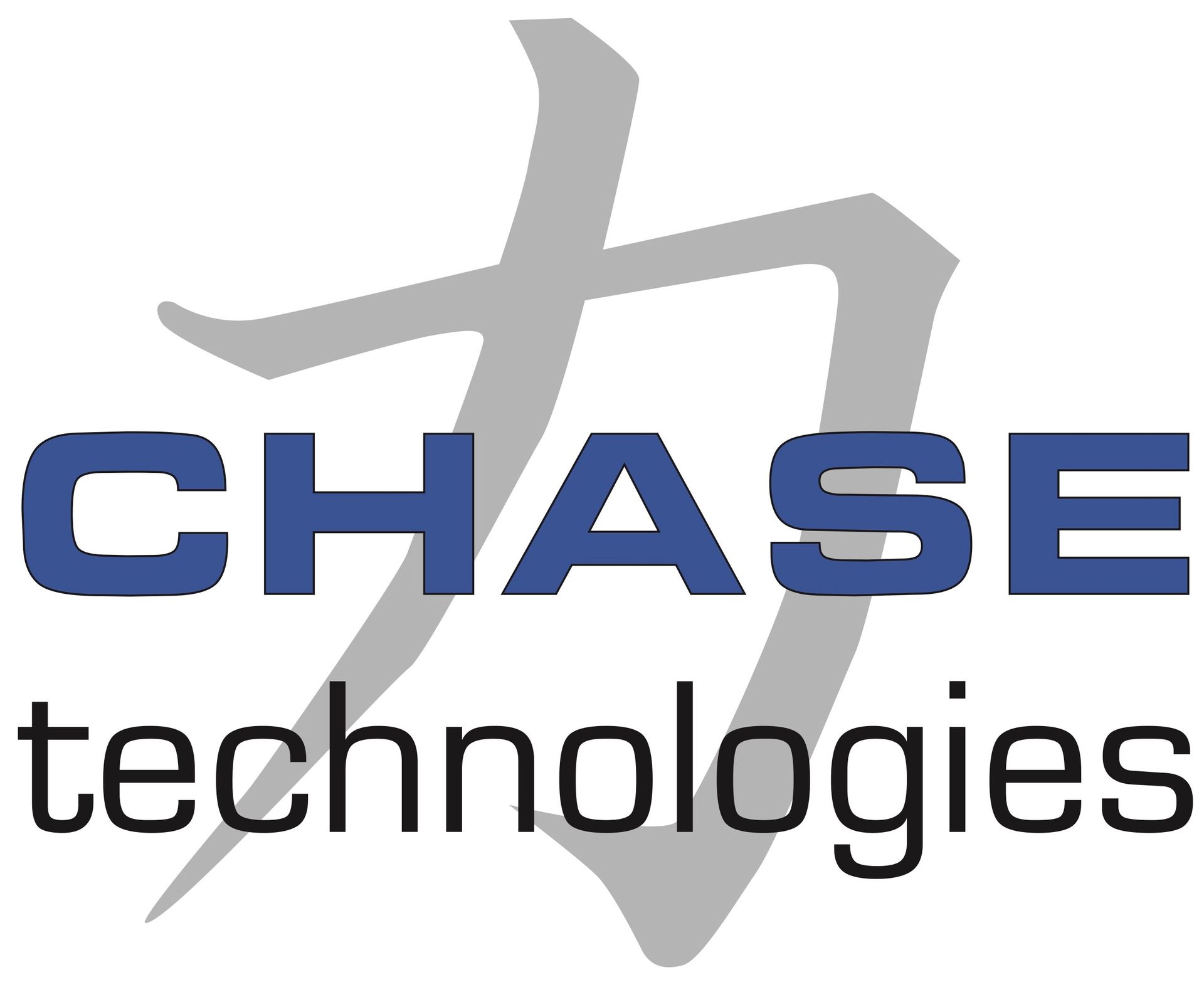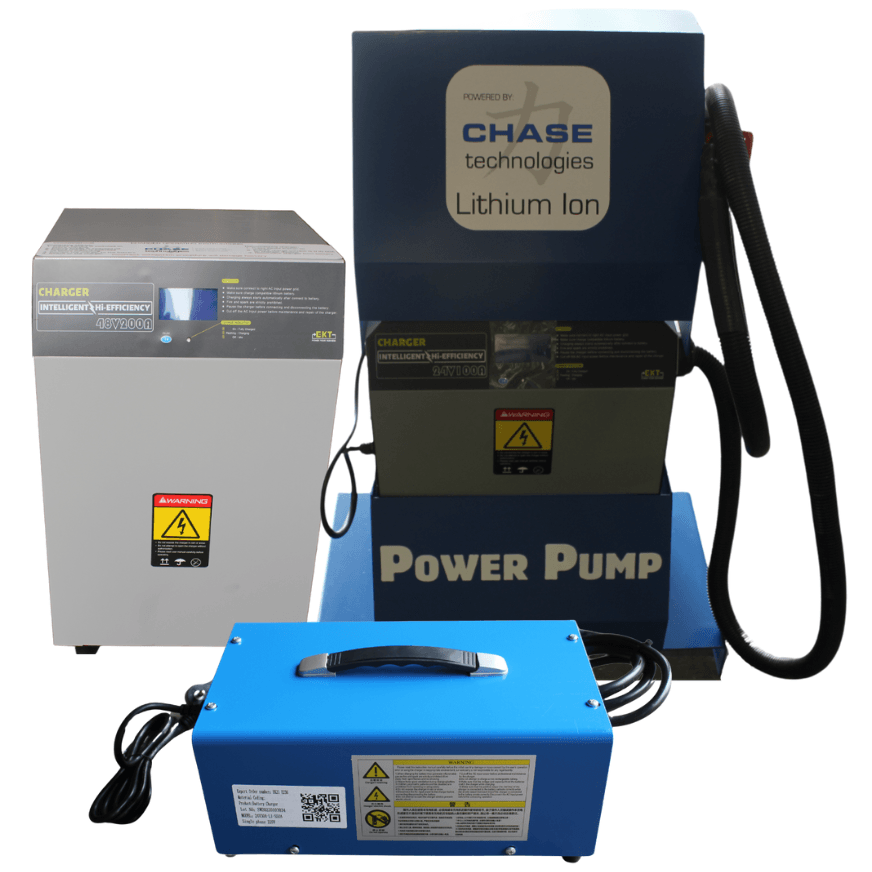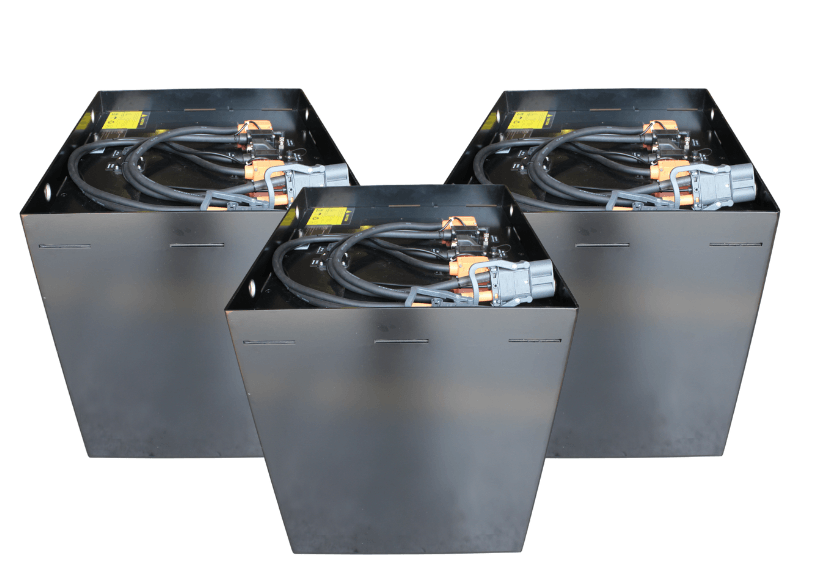
Pre-Loved range availAble soon


Inverter Battery
Whether you cope with regular power outages or simply want to make sure you have consistent access to electricity in case of an emergency, an
inverter battery
is an essential component of any
power backup system. These batteries power inverters, which transform the DC energy stored in the batteries into AC energy that may be utilized to power electrical devices and appliances. Everything you need to know about inverter batteries, including what they are, how they operate, and how to pick the best one for your needs, will be covered in this blog post.
What is an Inverter Battery?
An inverter battery is a type of rechargeable
battery that is used to power inverters. Inverters are electronic devices that are used to convert DC power into AC power, making it possible to power electrical appliances and devices that would otherwise require AC power. Inverter batteries are typically made from lead-acid, which is a type of battery that uses lead plates submerged in an electrolyte solution of sulfuric acid to store electrical energy. These batteries are designed to provide a consistent supply of power over an extended period, making them ideal for use as backup power sources.


How Does an Inverter Battery Work?
Inverter battery work by storing electrical energy in the form of chemical energy, which is then converted into electrical energy when needed. The battery is connected to the inverter, which converts the DC power stored in the battery into AC power that can be used to power electrical appliances and devices. When the battery is fully charged, it will provide a consistent supply of power until it is drained. Once the battery is drained, it will need to be recharged before it can be used again.
Types of Inverter Batteries:
There are several different types of
inverter batteries available on the market, each with its own advantages and disadvantages. Some of the most common types of inverter batteries include:
Lead-Acid Batteries:
As mentioned earlier, lead-acid batteries are the most common type of inverter battery. They are affordable, reliable, and can provide a consistent supply of power over an extended period. However, they are heavy and can require maintenance, such as adding water to the electrolyte solution.
Tubular Batteries:
Tubular batteries are a type of lead-acid battery that uses a series of tubes instead of flat plates to store energy. They are more efficient than traditional lead-acid batteries, have a longer lifespan, and can provide more power. However, they are more expensive than traditional lead-acid batteries.
Lithium-ion batteries are becoming increasingly popular as inverter batteries. They are lighter than lead-acid batteries, have a longer lifespan, and require less maintenance. However, they are more expensive than lead-acid batteries.
Gel Batteries:
Gel batteries are a type of lead-acid battery that uses a gel electrolyte solution instead of a liquid solution. They are more expensive than traditional lead-acid batteries, but they are maintenance-free, have a longer lifespan, and can provide more power.
Choosing the Right Inverter Battery:
When choosing an inverter battery, there are several factors to consider. These include:
Capacity:
The capacity of the battery is the amount of power it can provide. This is typically measured in ampere-hours (Ah). You should choose a battery with a capacity that meets your power requirements.
Lifespan:
The lifespan of the battery is an important consideration. You should choose a battery that has a long lifespan and can provide consistent power over an extended period.
Voltage:
The voltage of the battery should be compatible with the inverter you plan to use.
Maintenance:
Some batteries require more maintenance than others. Consider whether you want a battery that requires regular maintenance or nothing at all.
The Essential Role of an Inverter with Battery
In our fast-paced world, owning an inverter and battery combo is a necessity, not a luxury. With the constant threat of power outages, this device ensures a seamless transition to backup power, keeping your appliances running and providing uninterrupted support to your daily life. From sudden storms to grid failures, an inverter with lithium battery acts as a reliable guardian, preventing disruptions and safeguarding your work, entertainment, and essential services. Its energy efficiency not only contributes to a greener environment but also translates into long-term cost savings.

The lithium ion batteries in Alberton are known for their exceptional quality, with a five-year, 12,000-hour guarantee that is unparalleled in the industry. This guarantee ensures that end-users can rely on their batteries for years to come, even after the warranty has expired. In fact, the expected lifespan of these batteries ranges between seven to ten years, providing ample continued use even beyond the guarantee period.
One of the standout features of these
lithium ion batteries is the absence of any surprise cell replacements during the warranty period. And even if the battery falls below the recommended minimum 65% state of charge, it can still be repurposed for a lighter forklift application, preserving its energy and prolonging its lifespan. Only when its energy storage capabilities have been fully depleted will recycling need to be considered.
Contact us Today
Contact one of our consultants for more on our products and services
With years of experience and a wide selection of Lithium Battery (Cells), Lithium Modules, and Lithium Battery Systems, we can help you find the best solution for your needs. As a leading distributor of industrial lithium ion battery systems in South Africa, we have played a large part in introducing this technology to the market.
We are committed to providing our customers with the best possible experience and ensuring that they have all the guidance they need to choose the correct battery system for their needs.

CHASE Technologies, a Division of Bidvest Commercial Products (Pty) Ltd
Vat no. 4070307055
Company Reg no. 2011/010523/07
QUICK LINKS ON WEBSITE
CONTACT
Tel:
010 025 0200
Email:
info@chasetech.co.za
5 Chloor Street, Alrode, Alberton, 1451
P O Box 166790, Brackendowns, 1454


All Rights Reserved | Chase Technologies | Privacy Policy | Website Developed by WEBSHURE